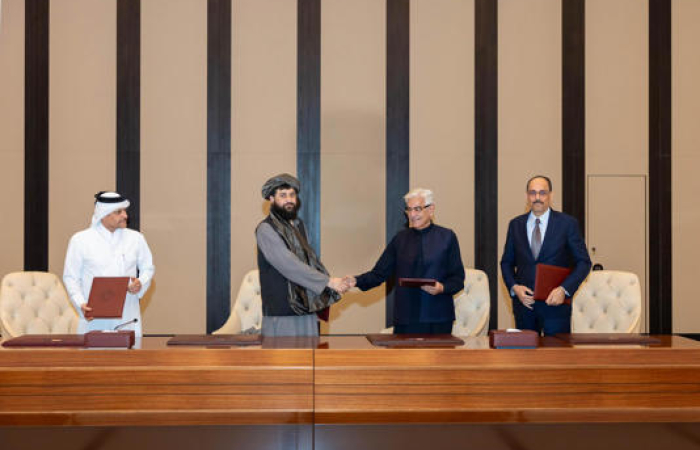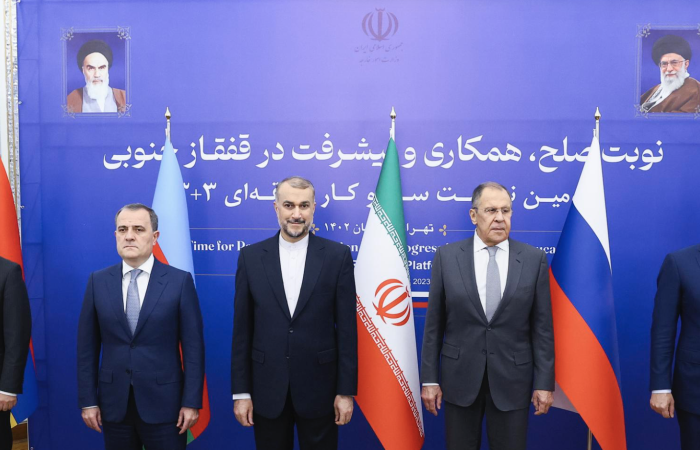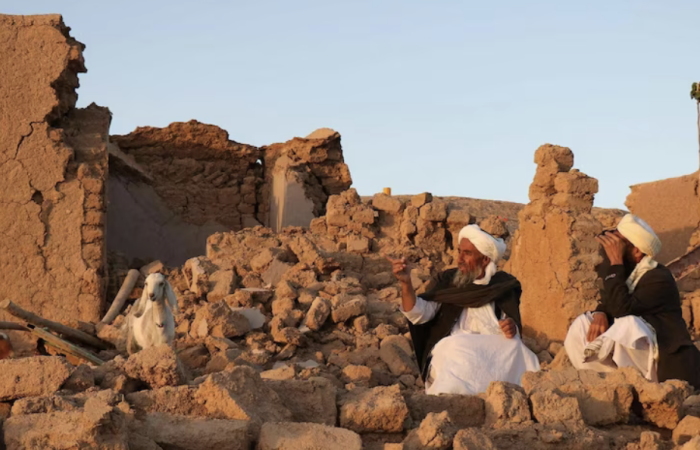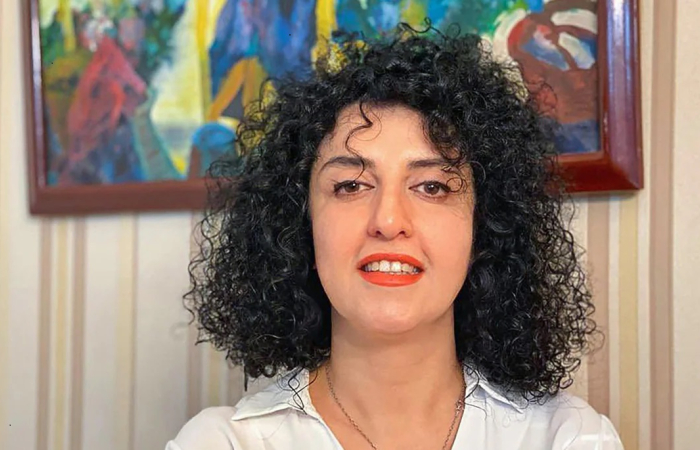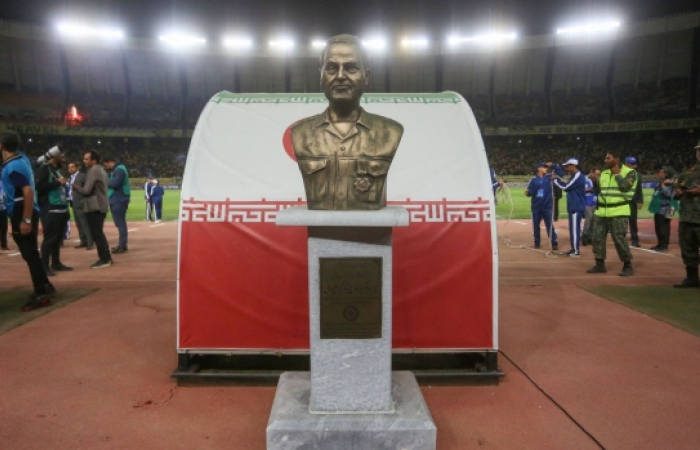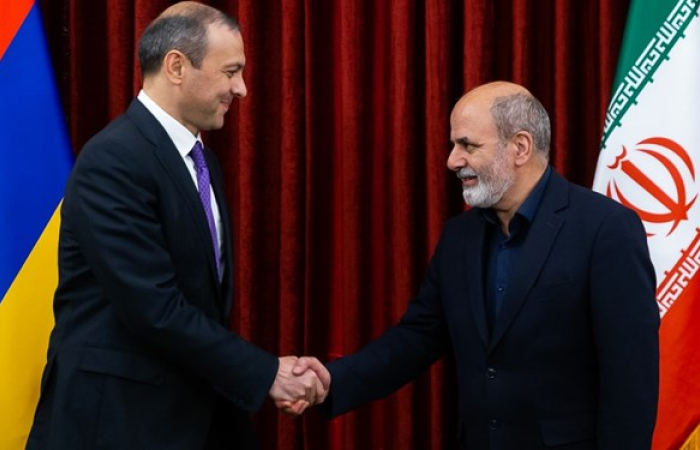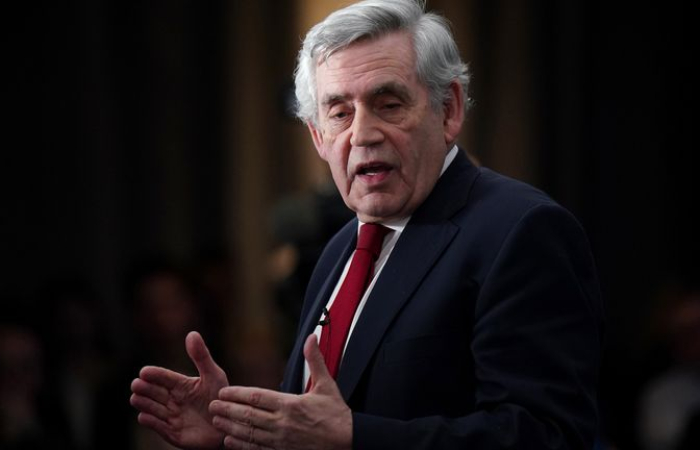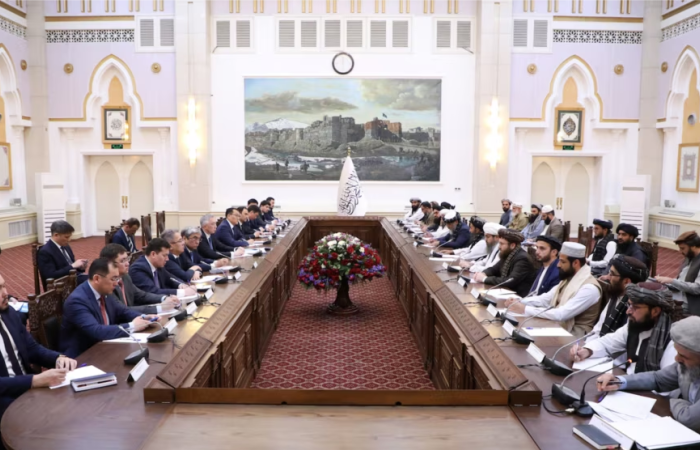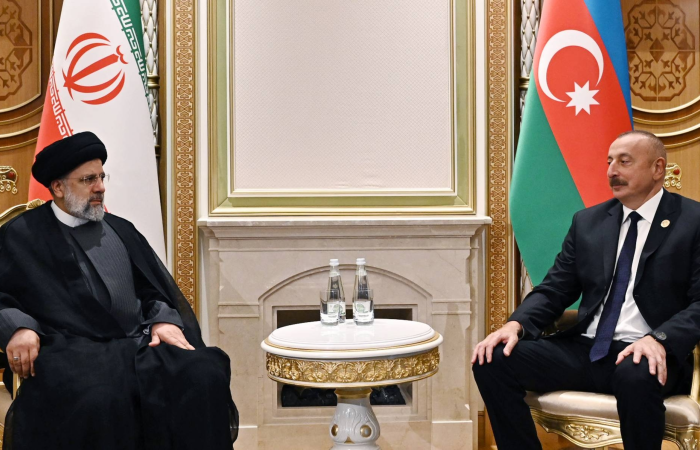Editor's choice
This is a members’ functionality. Please
Sign upNews
Trending
In the absence of Georgia, the 3 + 3 meeting in Tehran was again incomplete
24 October 2023
The foreign ministers of Armenia, Azerbaijan, Iran, Russia and Turkey, met in Tehran on Monday 23 October in the second meeting of the 3 + 3 format, which however is only 2 + 3 since the third South Caucasus country, Georgia, refuses to participate in the process because of its problems with Russia.
Recently, Turkey and Iran have made statements that they prefer this format of interaction with the South Caucasus countries since it excludes external players. Some Azerbaijani officials have expressed similar views.
At the end of their meeting in Tehran, the foreign ministers issued a nine-point statement, in which amongst other things, they said that "expressing their positions on various international issues, they discussed the most important issues in the region and emphasized the importance of such platforms as the regional consultative "3+3" platform to provide opportunities for constructive dialogue and establish mutually beneficial cooperation between the countries of the region".
commonspace.eu political editor said that the absence of Georgia in the 3 + 3 format hugely reduces the significance of the initiative since it is difficult to discuss regional issues without that country being present. However, the format is important, particularly for Iran, which has been desperately trying to have a role in the region. For the Turks, this is an opportunity to share a platform with Armenia, even as discussions on the normalisation of relations continue. The meeting between the Turkish and Armenian foreign ministers, on the margins of the main event, was perhaps the most significant event in the one-day diplomatic extravaganza in Tehran. For the Russians, such a meeting has limited use. They would prefer to deal with the Armenians and the Azerbaijanis on their own, separately or together. But given that their monopoly over dealings with the two countries, especially on the issue of normalisation of relations, has now been lost, Moscow wants to make sure it is present whenever and wherever the opportunity arises.




